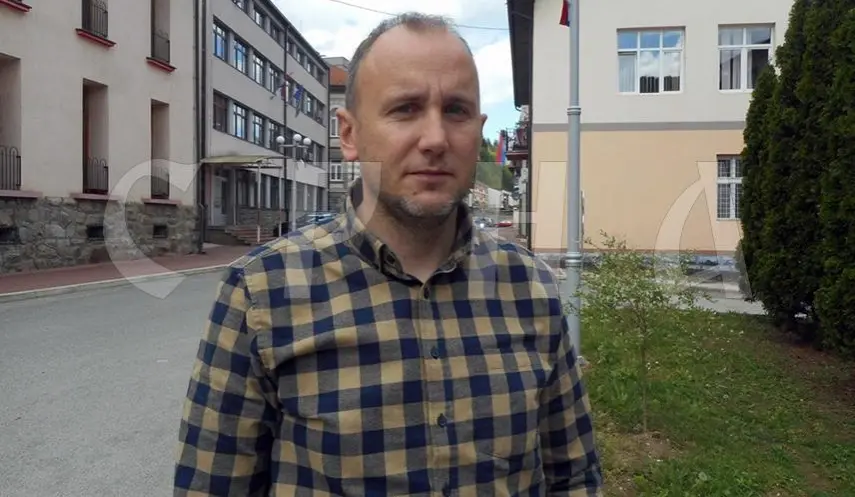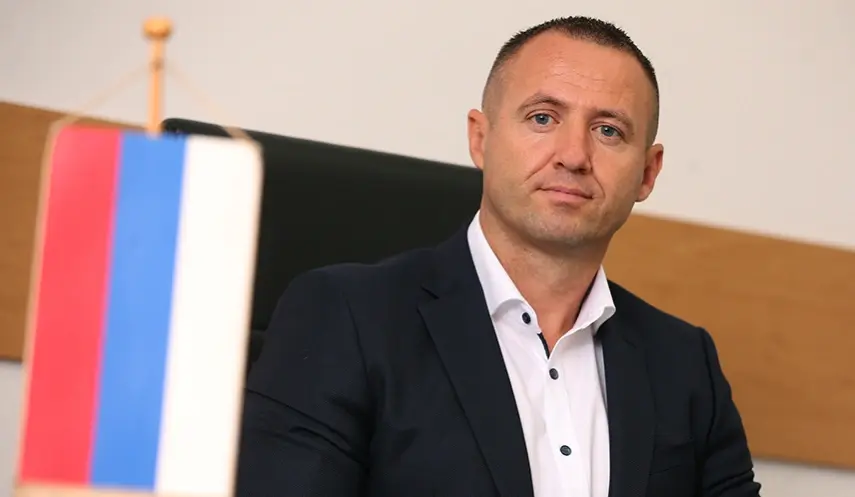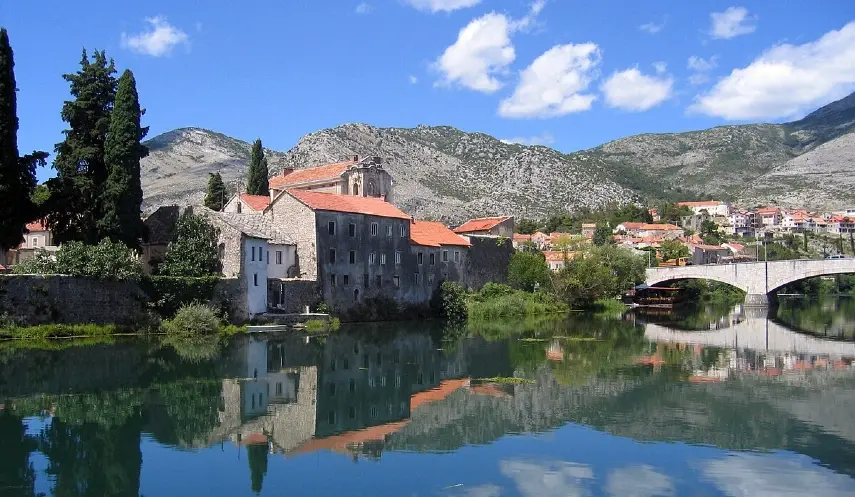KOJIĆ: IT IS A SACRED DUTY OF EVERY SERB TO BE IN BRATUNAC ON JULY 5
Republika Srpska - Serbian suffering - culture of remembrance
06/29/2025
19:15

EAST SARAJEVO, JUNE 29 /SRNA/ - It is the sacred duty of every Serb to be in Bratunac on July 5 for the commemoration of the 33rd anniversary of the crime against 3,267 Serbs in the Middle Podrinje, Branimir Kojić, president of the Organization of Families of Captured and Killed Soldiers and Missing Civilians from Srebrenica, told SRNA.
"There is nothing greater or more important on that day than to come, pay tribute to those who gave the most sacred gift - their lives for the creation of Republika Srpska - light a candle, and learn something," Kojić said.
He emphasized the great importance of having as many people as possible gather each year to commemorate the suffering of Serbs in the Middle Podrinje.
Kojić pointed out that the fact that 80 percent of the 3,276 Serbs, mostly civilians, were killed in the Middle Podrinje and Birač between May 1992 and March 1993 indicates that the Serbs in that area did not want war and were not militarily organized.
He believes that young people should learn in schools about what happened during the recent Defense Patriotic War, because the world and political Sarajevo want to present a completely different picture — that only Bosniaks suffered in the war, while Serbs are portrayed as a genocidal people.
"In fact, we are a people who suffered, and our children need to learn this. It seems to me that we did not properly learn the lessons from the Second World War, and unfortunately, that is why this has happened to us again," Kojić said.
Speaking about the legal prosecution of perpetrators of crimes against Serbs in Middle Podrinje, Kojić stated that it has almost completely failed, citing as an example the fact that the wartime commander of the Muslim forces in Srebrenica, Naser Orić, remains free.
He says that no one has received adequate punishment either at the International Court in The Hague or in BiH.
Kojić emphasized that although even their compatriots know the crimes they committed, indictments have never been brought against Zulfo Tursunović, nor against the executioner from Podrinje, Kemal Mehmedović, who fled to Austria, renounced his BiH citizenship, and obtained Austrian citizenship.
“It is well known who committed the crimes here, and we know they will not be convicted,” Kojić said, adding that it is clear the Court of BiH cares more about convicting Republika Srpska, specifically its president.
This year marks the 33rd anniversary of the great suffering of Serbs on St. Peter’s Day in 1992 in the villages around Srebrenica and Bratunac, when 69 soldiers and civilians were killed and 22 were captured, none of whom survived, and ten are still listed as missing.
During the Defense Patriotic War, Muslim units from Srebrenica most often attacked Serbian villages on major Orthodox holidays. On St. Peter’s Day in 1992, they attacked the villages of Zalazje, Biljača, Sase, and Zagone, killing everyone they encountered, looting, and burning Serbian property.
In this way, they continued to carry out the ethnic cleansing plan that began in April of the same year, destroying everything Serbian to completely erase any trace of the Serbs’ presence in these areas. Besides killing and persecuting the civilian population and destroying property, they also destroyed Serbian cemeteries and churches.

VELJANOVSKI: RECORD REVENUE OF OVER BAM 170 MILLION

HAPPY NEW YEAR!

LAST DAY OF THE YEAR MARKED BY LIFE-SAVING OPERATIONS: AIR TRANSPORT OF A PATIENT FROM NEVESINJE TO BANJALUKA



